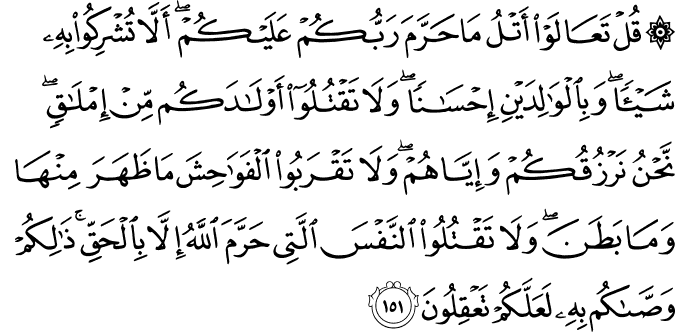In the Name of Allaah, the Most Gracious, the Ever Mercilful…
Allaah says, addressing the Jews and Christians with a stern admonition that Muslims are required to also heed and live by:
يا أهل الكتاب لا تغلوا في دينكم
“O people of the Book! Do not go overboard in your religion!” [1]
His Messenger (may Allaah raise his rank and grant him peace) said:
إياكم والغلو فإنما أهلك من كان قبلكم الغلو
“Be warned against ghuluww (religious excessiveness), since that which destroyed the people who came before you was ghuluww!” [2]
To help fulfill this Prophetic order, this series of brotherly reminders highlights some everyday manifestations of religious excessiveness that Muslims may commonly fall into, so that we can be on guard against them and warn others of them.
Obsession with Prayer Mats, Rugs, and Carpets
The narrations found in Saheeh al-Bukhaaree and elsewhere, describing the Prophet (may Allaah raise his rank and grant him peace) praying on a khumrah [small mat] and a haseer [large mat] show the permissibility of praying on other than the bare ground. A few of the scholars held the opinion that the prayer may only be offered on the bare ground, so these narrations are a proof against their position. They do not provide a proof for the one who takes this action as part of his Religion, since the Companions did not take this as a religious matter. Rather, they understood it to be permissible, and thus prayed on mats, bedding, clothing, etc. whenever it made sense, for example: In the extreme heat to protect oneself from the heat of the ground.
Furthermore, the scholars have stated that it is better for a person to pray directly on the ground if he is able. Shaykh al-Islaam Ibn Taymiyyah said:
The ahaadeeth and the aathaar (narrations from the Prophet, may Allaah raise his rank and grant him peace, and the Companions) show that they used to prefer placing their foreheads directly on the bare ground if they were able, and when necessary, like in extremely hot weather and the likes, they would pray with something between them and the ground, using something they had with them: a part of their clothing, turban, or cap… [3]
However, if someone still holds that these narrations prove the legislated nature of praying on what people today call “prayer rugs”, then we can look again to Shaykh al-Islaam Continue reading →

